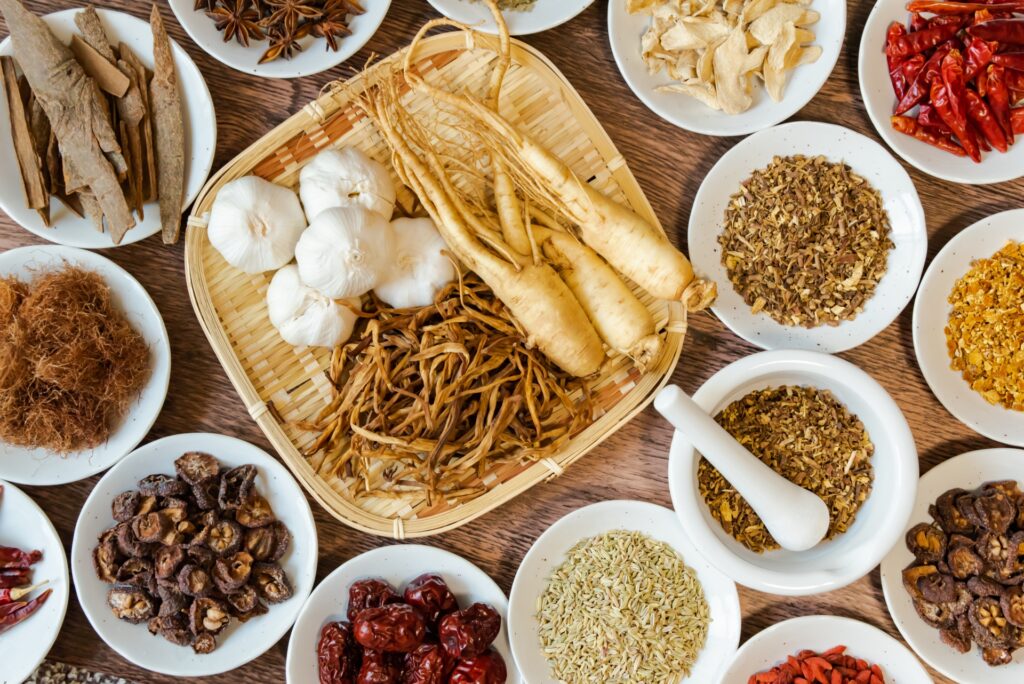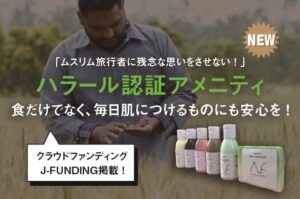Tackling Malaysia’s health food towards sale
We assisted a Malaysian government body to investigate the products’ ingredients as requested by a Japanese health food firm.
In Malaysia, 60% of the country’s consumers are Muslims. Muslims are only allowed to consume “halal” foods, which is permissible adhering to Islamic law. To sell to Muslims, sellers need to make sure the product is Halal.
Determining and certifying Halal products in Malaysia is the Department of Islamic Development Malaysia (JAKIM), a Malaysian government body.
Hence, we had the products analyzed by a laboratory designated by JAKIM.
We also introduced them to an expert to obtain Malaysia’s sales license.

■Subject
・Unclear whether the product is marketable to Muslims
・Possibility in obtaining a distribution license
■Proposal
After consulting with the client, we decided to conduct an analysis of the product’s ingredients to determine if it is sellable to Muslims in Malaysia, and then to obtain a distribution license.
■Work Details
Ingredient Analysis:
We analyzed the product ingredients at the designated laboratory by JAKIM.
We created a bilingual report on the results in English and Japanese.
Introduction of Distributing License Expert:
To sell food products etc. in Malaysia, sellers must obtain a license.
Therefore, we introduced the client to a specialist consultant for obtaining the license and quoted the cost and time frame.
Based on the Malaysian government agency, it takes about three months to obtain a license. However, the earliest will take six months, according to the consulting company. There are cases where it took several years as a result of not going through a consulting company.
Anyone can apply for a license, but obtaining one requires particular know-how abiding by the law.
The most effective way to save time and cost is to work with a professional consultant who has the know-how and is trustworthy.
■Result
We are confident that the product is marketable according to the product analysis by a reputable laboratory in Malaysia.
Also, we able to introduce the client to an expert that could save time and cost of the distribution license, then propose a distribution route.
In Japan, Malaysian’s preferences are not well-known, especially Muslims.
The basic rule on food for Muslim: ingredients must not contain pig-derivatives, alcohol and others that are against the Islamic law.
About Halal Mark in Japan:
There is numerous information which one must obtain halal mark to certify the halal-ness of the product.
However, acquiring one for products manufactured in Japan is very difficult. For the halal mark acquisition, there are many requirements to be fulfilled on top of ingredients and raw materials, including examining the manufacturing process, the employment of Muslim employees, etc.
It is advisable to obtain the halal mark to sell products to Muslims.
There are many Halal certification bodies world-wide, so it is best to obtain a certification from a globally recognized body.
However, this does not mean that Muslims will not buy products without halal marks.
For Muslims, the crucial part is the halal-ness of the product rather than whether it is halal marked or not.
Hence, for the health foods, we proposed a practical and realistic approach to the client via the result analysis from the reputable certification body to show that Muslims can safely consume it.
Strategies will differ depending on the country, region or marketed product. For example, Halal markings are mandatory for some products in certain countries.
At Groovy Japan, we can offer the best solution for you with immense local information.
For those seeking a way to market your products in Malaysia or the Muslim market, please contact us.


